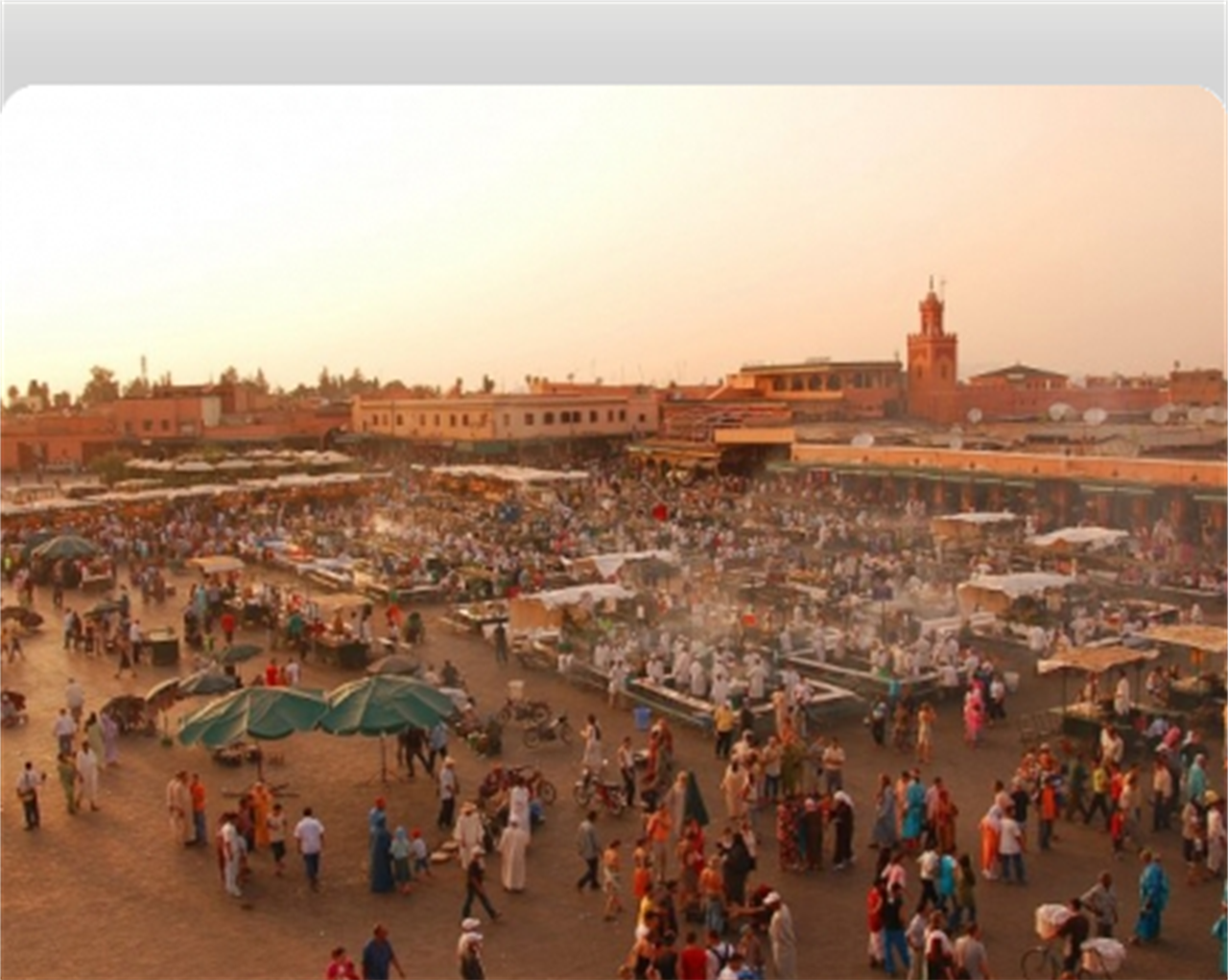Non profit
Djemaa el fna – or the art of two way integration
Interview with Noureddine Erradi of Integration For All.
di Rose Hackman

“Integration is a two way process. People on the ground are as crucial to its success as the efforts of newly arrived immigrants.”
Over the years, Noureddine Erradi, a former social skills teacher in the Netherlands, found that integration policies in his country were not working. His immediate contact with newcomers through the lessons he gave and previous work in a factory, as well as specific training he did on the matter, meant that Erradi was able to develop a theory as to why integration processes were such a failure.
“If only decision makers could understand how immigrants feel when they arrive in a country and what they have to go through,” Erradi said at the recent EESC conference on poverty as a tool for social inclusion where he was a speaker, “I think they would completely change their perspective.”
Today he is a film maker and chairman of Integration For All. He organises very special trips and sometimes makes documentaries out of them. He answered some of Vita Europe’s questions on the subject.
Why did you feel that there was a need for an initiative like Integration For All?
As it stands, we are facing over thirty years of failed integration processes in the Netherlands. Through my work as a language and social skills teacher, I witnessed this failure first hand.
People who are arriving in a country already know that one way or another they have to learn the language and they have to especially respect the new culture they are in. But at the moment it’s not just that, a lot of the time, they are being treated like children. They are asked for certificates they don’t even understand. I felt there was an attitude issue in the way immigrants were being received and treated.
What did you do about it?
I tried so think about the concept literally and asked myself how I could stop professionals talking about a ‘problem’ when it comes to integration of immigrants. Why is it even considered a problem in the first place? That’s where the idea of the trips came from.
What did the trips entail?
I came up with this concept to involve professionals themselves and to make them understand what immigration is, what people have to go through. The trips were a way for them to experience first hand what immigrants are put through. This is what you see in my short documentary, ‘the other side of the coin’ or ‘djemaa el fna’, where I convinced a group of policy makers, directors, teachers and coordinators directly involved in the integration field to experience the same integration programme newcomers follow when they first come to the Netherlands – but this time in Morocco.
You sent Dutch integration specialists to Morocco?
Absolutely. I gave a chance to these professionals to feel what they are putting people through back in the Netherlands – from interviews with officials for documents, to holding different kinds of jobs to regular lessons in Arabic.
As long as the people involved directly or indirectly in the immigration and integration fields are not aware of the real needs and expectations of their target group, the results will always be poor.
How do the professionals you managed to convince react to this?
In the documentary, you see the professionals talk about their own experience and there are great moments of frustration and laughter that eventually leads to understanding. Suddenly they get how reliant they are on the locals and that integration cannot happen just through immigrants’ learning of a language and their obeying the law.
What more is needed?
For me it’s amazing that a professional expert doesn’t already have this kind of field experience. They generally come out saying I didn’t realise things, I will go back to my region and try to make people more aware. That’s a first step – changing mentalities and raising awareness back home.
What’s the second?
Changing the way the laws and policies are made in the first place. Today, ministries in different European countries are implementing the concept. They have understood that they have to go outside the country, that if it’s only one way, people will never be integrated. That’s what I want to share through my documentaries and appearances at conferences.
You seem optimistic…
I am happy. There is still much to be done, but I feel things are starting to change. The best practice has been picked up by around 850 organisations across Europe, but also in the US.
17 centesimi al giorno sono troppi?
Poco più di un euro a settimana, un caffè al bar o forse meno. 60 euro l’anno per tutti i contenuti di VITA, gli articoli online senza pubblicità, i magazine, le newsletter, i podcast, le infografiche e i libri digitali. Ma soprattutto per aiutarci a raccontare il sociale con sempre maggiore forza e incisività.
